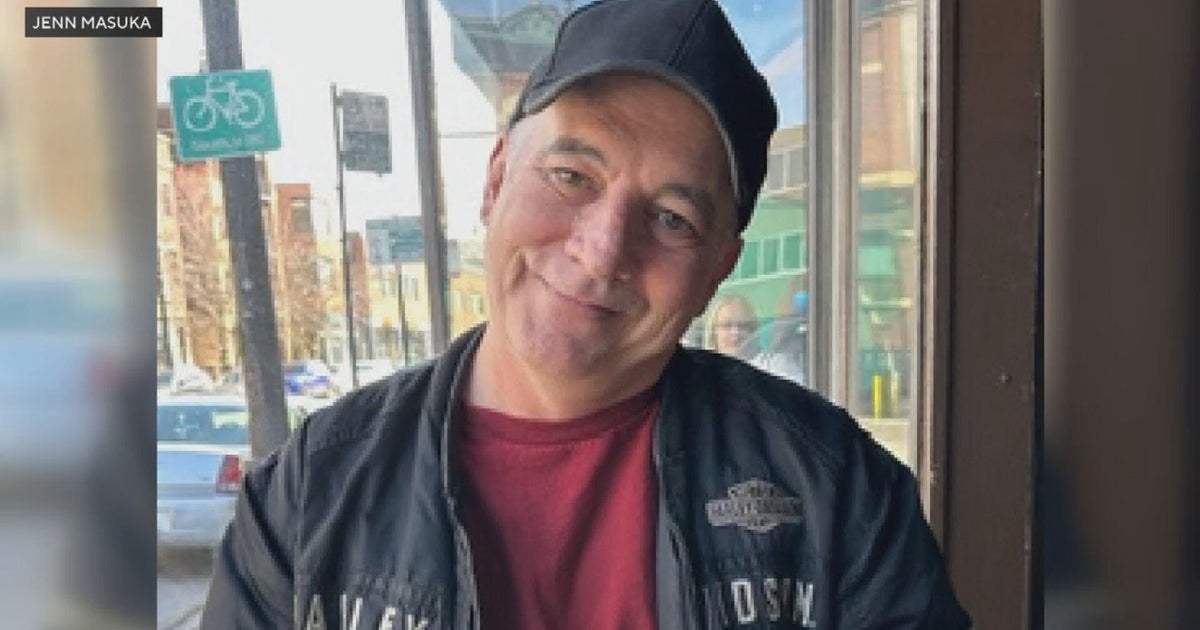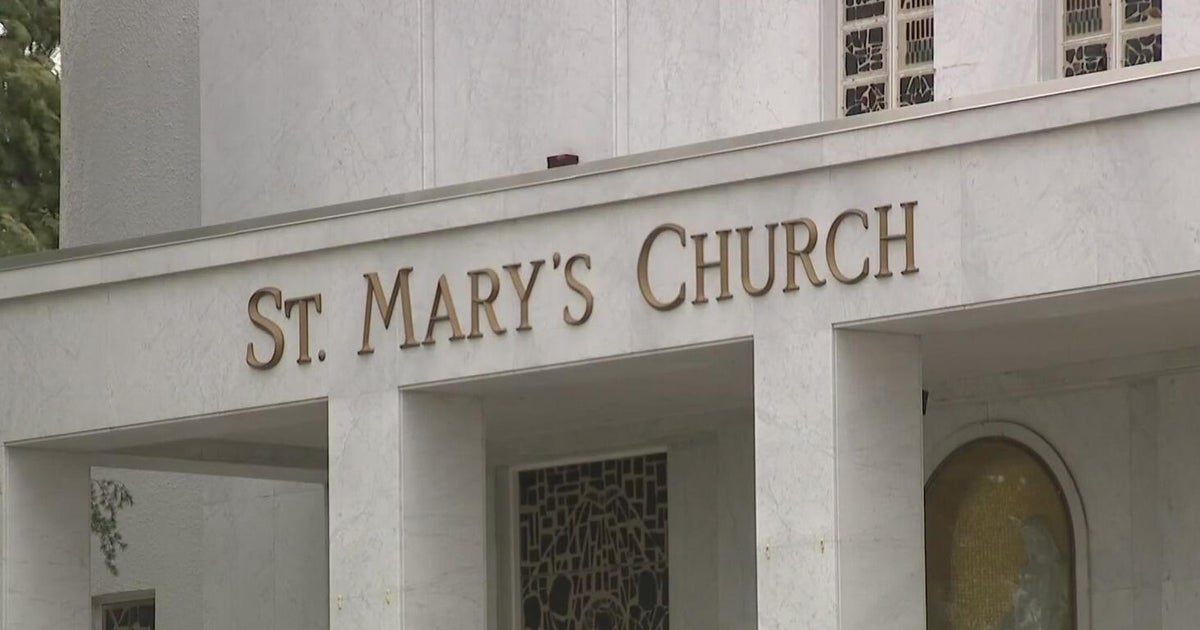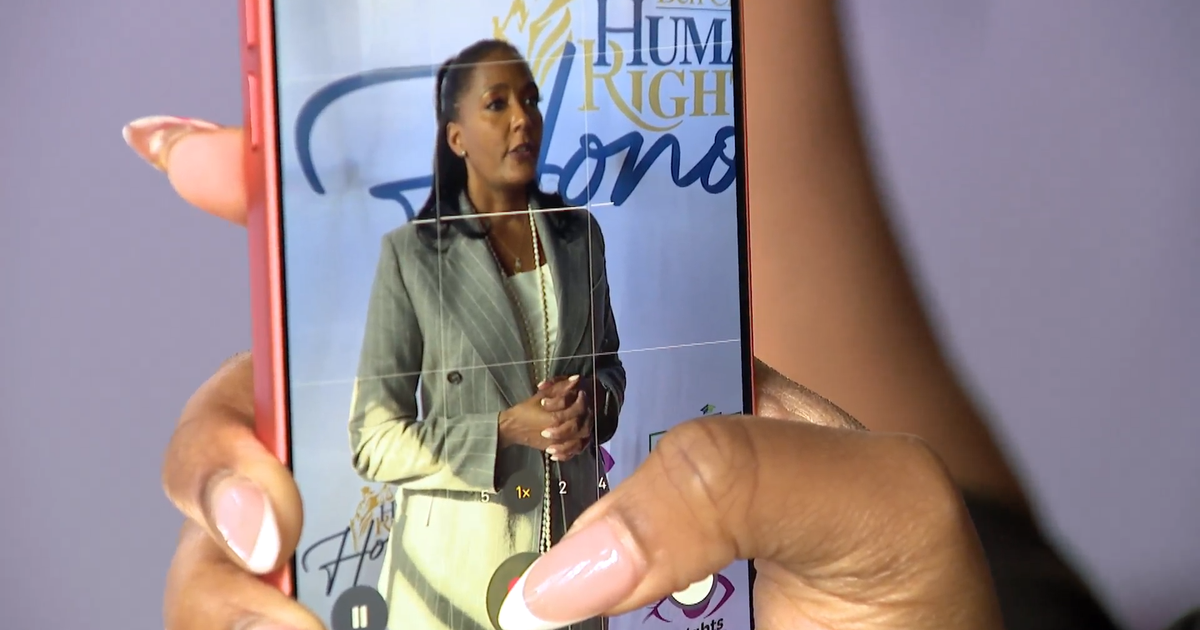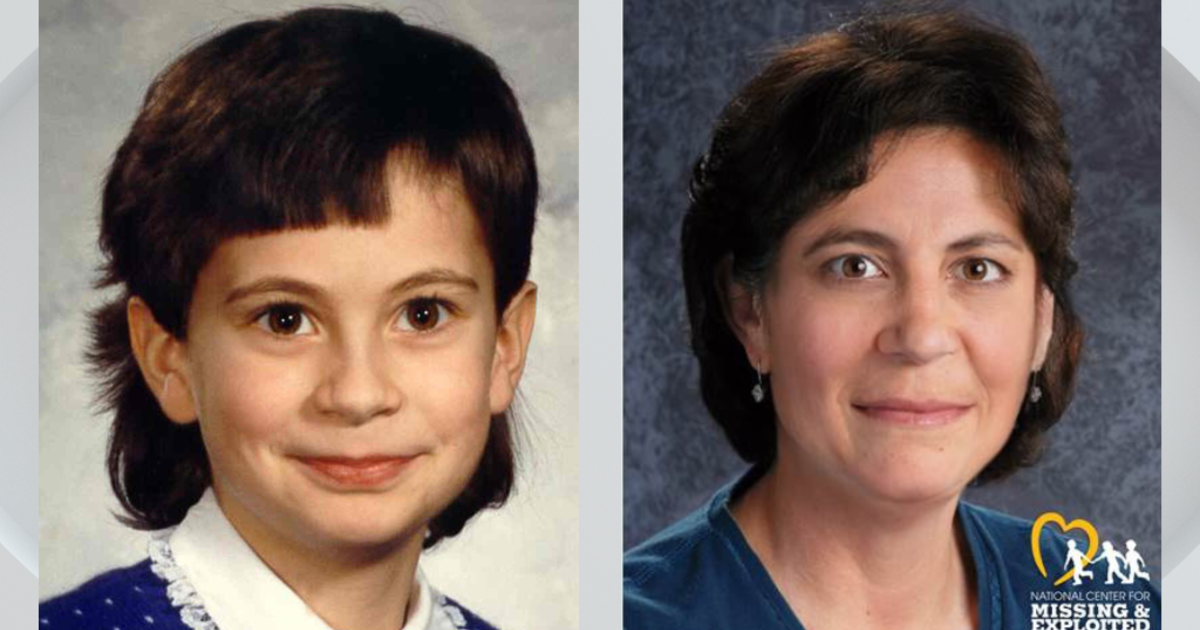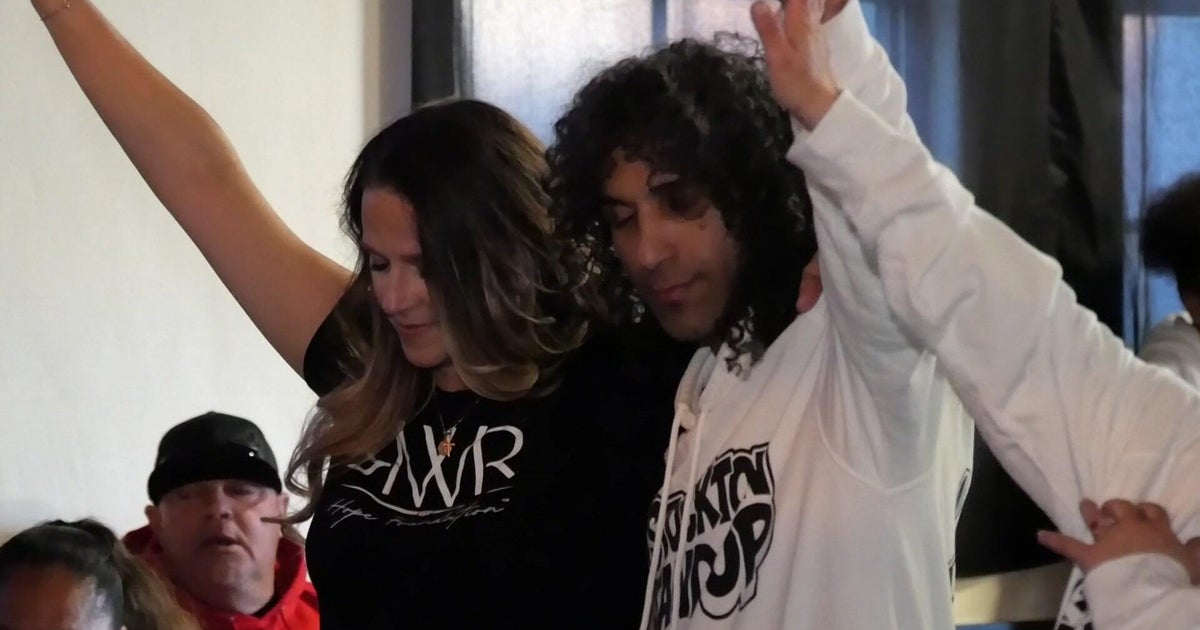'They Said He Lacks Empathy': Parole Denied For Manson Follower Bruce Davis For Slayings In 1969
SACRAMENTO, Calif. (AP) — A California panel on Friday denied parole for a follower of cult leader Charles Manson convicted of slayings more than a half-century ago.
Bruce Davis was previously recommended for parole seven times, but those findings were rejected by three consecutive governors. Parole commissioners told the 79-year-old Davis to try again in three years.
"They said he lacks empathy," Michael Beckman, Davis' attorney, said after the hearing before two parole commissioners.
Davis has said he helped kill musician Gary Hinman and stuntman Donald "Shorty" Shea in 1969. He previously said he cut Shea with a knife and held a gun while Manson cut Hinman's face with a sword.
"I wanted to be Charlie's favorite guy," he said during a 2014 parole hearing.
Afterward, other followers wrote "political piggy" on the wall of Hinman's home in his own blood.
Davis was not involved in the more notorious killings of actress Sharon Tate and six others by the Manson cult the same year.
"The last 14 commissioners of the parole board found Bruce Davis suitable for parole," as did the last nine experts who found him at a low risk for violence, said Beckman, Davis' attorney. "For these two commissioners to think they know better is appalling."
Gov. Gavin Newsom has consistently rejected parole recommendations for Davis and for other followers of Manson, who died in prison in 2017 at age 83. His release was previously blocked by governors Arnold Schwarzenegger and Jerry Brown.
Anthony DiMaria, a nephew of victim Thomas Jay Sebring, argued against Davis' parole on behalf of Hinman's family.
"Bruce Davis remains in prison because his crimes were so severe and profound that they shook our country to its core with permanent repercussions," said DiMaria.


